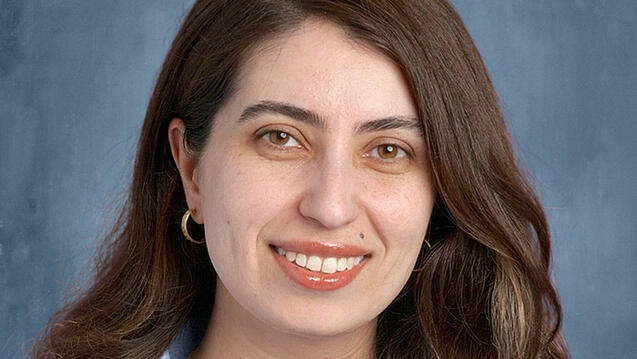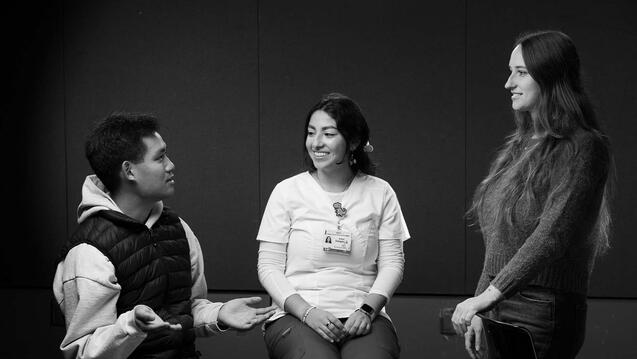Agent Writer: A Job That Feeds The Art

As an agent with Kimberley Cameron & Associates, a local Bay Area agency, Douglas Lee ‘15 scouts for new writers with strong material and is currently working with his first client on his second project. He also travels around the country to writing conferences, speaks on panels, mingles with aspiring authors. It’s an exciting job on its own.
But the kicker is, by being an agent, not only is he gaining both valuable perspective on the industry and amassing a prodigious network, but the job itself is feeding his writing.
When you’re reading constantly and close to books, it’s good for your own work. Being able to actively use my developmental editorial skills has had a profound effect on my own writing.
These editorial skills — they didn’t come from just anywhere. They were built in workshops and seminars, just like the ones offered in USF’s Master of Fine Arts in Writing. They are skills that are helping Douglas excel at his job as an agent, the same job which continues to hone his skills as a writer. It’s a beautiful, symbiotic circle.
Most writers spend a lot of time agonizing over how to find an agent; not many consider becoming the agent. Douglas was no different.
“I never had the goal of becoming an agent,” he said. “I wanted to meet some agents and learn about query letters and how to get published. I became an agent by accident, really.”
So what happened?
First, he heard an agent speak at the annual “Life After MFA” panel sponsored by the MFA program. He was struck by what she said about the barrier writers need to break through to snag a place on a bookshelf. So, to better understand the landscape of the publishing industry, he searched for an in. After his first summer in the program, he emailed Kimberley Cameron asking if she was taking on interns. She was. He was brought on and he just kind of...stayed.
As an intern, Douglas commuted to the office in Tiburon every Tuesday and Wednesday for eight hours a day and read hundreds of query letters. That could have been all it ever amounted to, but he had come in with a valuable set of skills, and that had given him a leg up.
My editorial eye was sharp from my time in MFA workshops, so I was asked to read full manuscripts and see if they should be passed on to agents.
As a result, after about a year, he was asked to come on board full-time as an agent.
Of course, there are many things in Douglas’s life that has contributed to his successes so far in his career, not just the MFA program here at USF. But it has certainly stuck with him. He graduated from the program with lifelong friends, mentors, and colleagues. But most importantly, he was blessed to find people whom he trusts to read and judge his work. In this way, even after completion, the program continues to feed his writing.
Yet it’s also a two-way street. His network doesn’t only serve his writing and career, his career and writing serve his network. For one, he has ushered more than one fellow MFAer from USF to the desks of Kimberly Cameron as interns. For another, he always has his ear to the ground for good writing that needs representation.
“I keep tabs on a lot of folks,” he said. “I have a small spy network that lets me know who is finishing a project soon, so that I can poach them as a client or refer them.”


